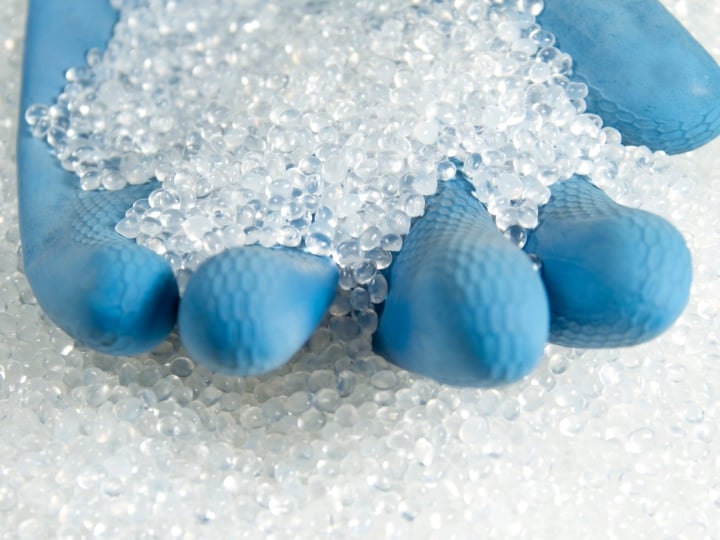Automotive polymers and plastics functionality and tests for including expertise in physical testing to gain understanding of the materials’ properties
Mechanical testing ensures that automotive plastics and polymers meet stringent safety and performance or functional requirements before production. The properties evaluated through these tests are crucial for determining whether a material can withstand real-world conditions. Tests such as hardness, tensile strength, impact resistance, dimensional stability, and heat resistance assess a material's ability to handle stress and strain, which is essential for components designed for structural integrity. These properties directly influence the safety, longevity, and overall quality of automotive components.
Impact resistance, measured using Multiaxial impact or Falling Dart Impact, Izod and Charpy tests, is particularly important for safety-critical parts like bumpers and dashboards, where materials must absorb shocks efficiently. Hardness tests help assess wear resistance, ensuring longevity in high-use components. Heat resistance and thermal analysis determine a plastic’s ability to withstand high temperatures, preventing failure in under-hood applications.
The mechanical properties of plastics are optimized to balance flexibility, durability, and weight reduction, key factors in modern vehicle design. Stiffness, often measured by tensile modulus, is critical in designing components such as bumper beams, which require high rigidity to enhance crash performance. Similarly, polymer composites are commonly used in semi-structural and structural applications, providing lightweight alternatives to metal without compromising strength. As the focus increases on the need for lightweight yet durable novel materials, including biobased and composite materials, the need for comprehensive mechanical and functional testing is more critical than ever.
Plastic functionality laboratory tests for the automotive industry
| Method | Standard |
|---|---|
| Charpy (-60 - 250°C) | ISO 179 1eA / 1eU, 2C. Measures the impact resistance of plastics under specific temperature conditions. |
| Izod (un)notched (-60 - 250°C) | ISO 180 1A / 4A. Evaluates a material’s toughness by measuring the energy absorbed upon impact. |
| Flexural modulus (-60 - 250°C) | ISO 178, ASTM D790. Determines a material’s stiffness by measuring its resistance to bending. |
| Tensile strength (-60 - 250°C) | ISO 527 1A, 1B, 5A / ISO 37/2. (-60°C- +250°C) Measures a material’s ability to withstand pulling forces without breaking. |
| Falling dart (VEM) | ISO 6603-2. Assesses the toughness of plastics by evaluating resistance to penetration. |
| Shore hardness | ISO 868. Determines material resistance to surface indentation. |
| Ball indentation Hardness | ISO 2039. Measures the resistance of plastic to deformation under a specified load. |
| HDT | ISO 75 A/B/C. Identifies the temperature at which a material deforms under a specified load. |
| Vicat | ISO 306 A/B Determines the temperature at which a plastic begins to soften. |
| Linear expansion coefficient | ASTM D696 (CLTE). Measures the rate at which a plastic expands with temperature changes. |
| Heat resistance | In house method. Evaluates thermal stability under extreme conditions. |
| Mould shrinkage | ISO 294-4. Determines material shrinkage during molding processes. |
Intertek offers broad range of high-tech analytical testing facilities and methods available for testing of additives and fillers in performance enhancers:
- Additives Analysis for Polymers and Plastics
- Elemental Trace Analysis
- VOC Volatile Organic Compounds Testing
- Accelerated Weathering Testing for Plastics and Polymers
- Thermal Analysis of Polymers and Plastics
- Automotive Polymers and Plastics Testing
- Automotive Plastics Perceptivity Testing
- Automotive PPAP
By leveraging state-of-the-art testing methods, automotive manufacturers can ensure that their plastic components meet the highest industry standards, contributing to safer, more reliable, and more efficient vehicles. Intertek’s ISO 9001:2015 certification and ISO 17025 accreditation reinforce its commitment to delivering precise and reliable testing services for the automotive industry. Contact us now to find out how our expertise can power your automotive plastics innovation.

